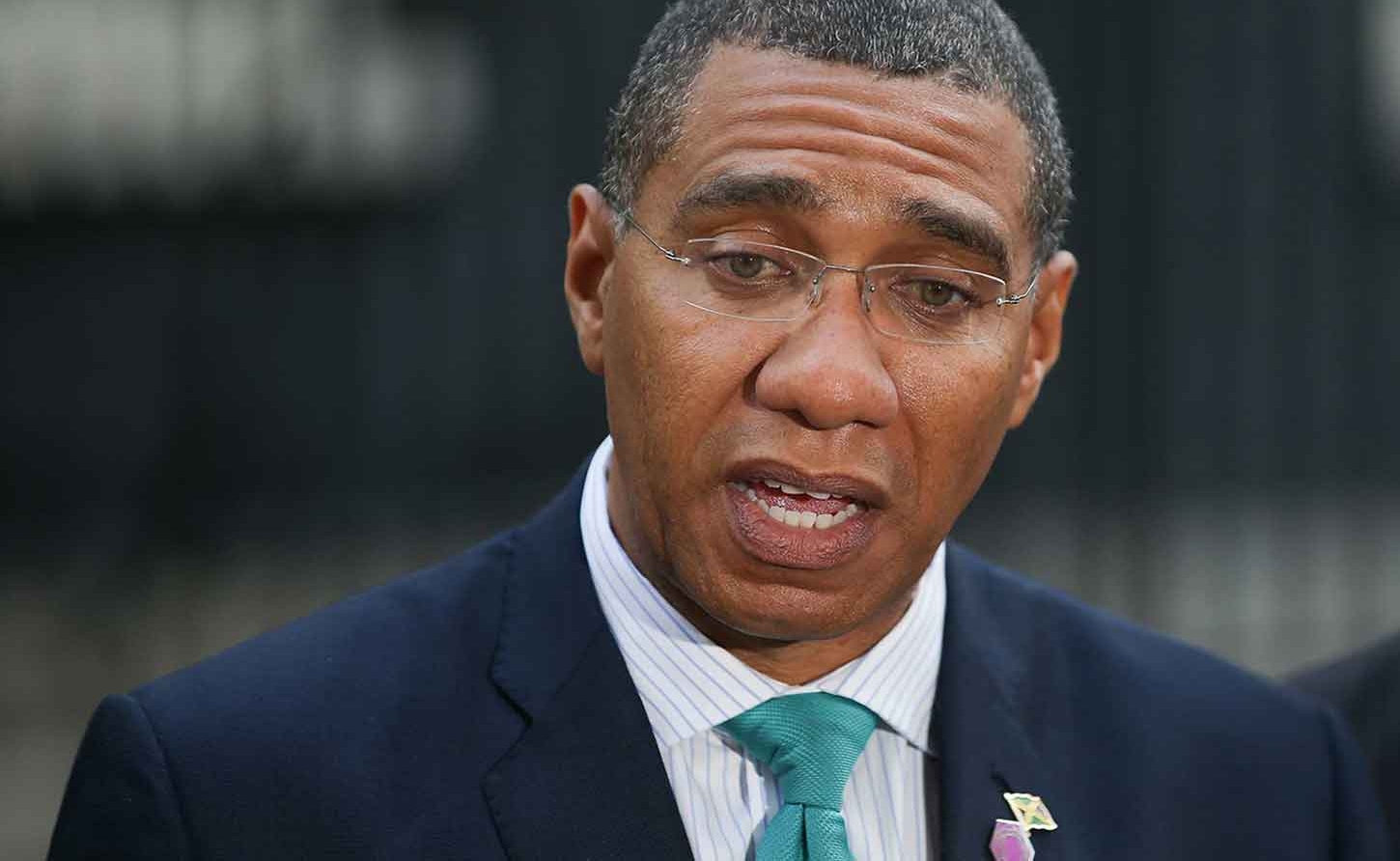JAMAICA | Court Rejects Holness request for exoneration from IC financial reporting requirements

KINGSTON, Jamaica December 7, 2024 - In a significant legal development that raises questions about transparency in Jamaica's highest office.
In a partial setback for Jamaica's Prime Minister Andrew Holness, the court has rejected his bid for exoneration from financial reporting requirements while granting him limited permission to challenge the Integrity Commission's oversight process. The ruling, which denied Holness's attempt to compel his absolution regarding 2021 and 2022 statutory declarations, only allows him to seek judicial review of the Commission's August 30, 2024 report.
Justice Althea Jarrett's carefully calibrated decision threaded a narrow path between executive privilege and public accountability, granting the Prime Minister leave to challenge certain aspects of the Commission's findings while firmly rejecting his more ambitious attempts to escape financial scrutiny. The ruling specifically preserved the Commission's core recommendation for stronger conflict-of-interest legislation.
The court's rejection of Holness's bid for mandatory exoneration came with a pointed reminder of judicial restraint, with Justice Jarrett declaring that the court "cannot and will not usurp the decision making powers of public bodies and public officers" - a clear signal of the limits of executive authority in challenging oversight mechanisms.
Despite the setback on mandatory exoneration, Holness's legal team, led by prominent attorneys Georgia Gibson Henlin, K.C., and Senator Ransford Braham, K.C., has attempted to cast the ruling in a positive light. Their public statement focused narrowly on the granted permission to challenge the Commission's report, while sidestepping the court's explicit rejection of their broader ambitions to compel investigative conclusions.
The judicial ruling maintained strict boundaries around what the Prime Minister can challenge. While granting him leave to seek review of the Commission's report, Justice Jarrett specifically preserved the paragraph urging Parliament to "develop a policy, and legislation, if thought necessary, to deal with the commercial and corporate activities of Ministers of Government and the likelihood of conflicts of interest arising therefrom" - a telling reminder of the underlying concerns that sparked this legal battle.
The Prime Minister's legal team has attempted to find victory in the ruling's technical aspects, highlighting that Holness retains the right to pursue 23 declarations for relief without requiring additional court permission. However, this procedural point pales in comparison to the court's fundamental rejection of their attempt to compel the Integrity Commission's Director of Investigation, Kevon Stephenson, to recommend exoneration - a move that would have effectively neutered the Commission's oversight authority.
The case has taken on added significance against the backdrop of global concerns about governmental transparency. While Holness's legal team champions their limited procedural victory, anti-corruption advocates point to the troubling precedent of a Prime Minister using court challenges to delay financial disclosures - the very reporting mechanisms designed to prevent conflicts of interest and ensure clean governance.
The preservation of the Commission's recommendation for stronger conflict-of-interest legislation stands as a particularly ironic element of the ruling. Even as Holness seeks to challenge the Commission's oversight, the court has explicitly protected language calling for more robust accountability measures. This judicial decision to safeguard this specific paragraph suggests an acute awareness of the broader stakes in this legal battle.
As Jamaica approaches the January 2025 hearing date, the contrast between what the Prime Minister sought and what he actually achieved through this ruling becomes increasingly significant. Despite his legal team's attempts to frame the outcome as a victory, the court's careful delimitation of his challenge - allowing procedural review while firmly rejecting mandatory exoneration - highlights the judiciary's role in maintaining democratic guardrails.
For a nation committed to democratic principles and transparent governance, the outcome of this legal battle may well define the boundaries between executive privilege and public accountability for years to come. The stark contrast between the Prime Minister's expansive attempt to challenge oversight and the court's narrowly tailored permission for review serves as a testament to the resilience of Jamaica's democratic institutions - even as it raises troubling questions about the lengths to which public officials might go to resist financial scrutiny.
-30-
